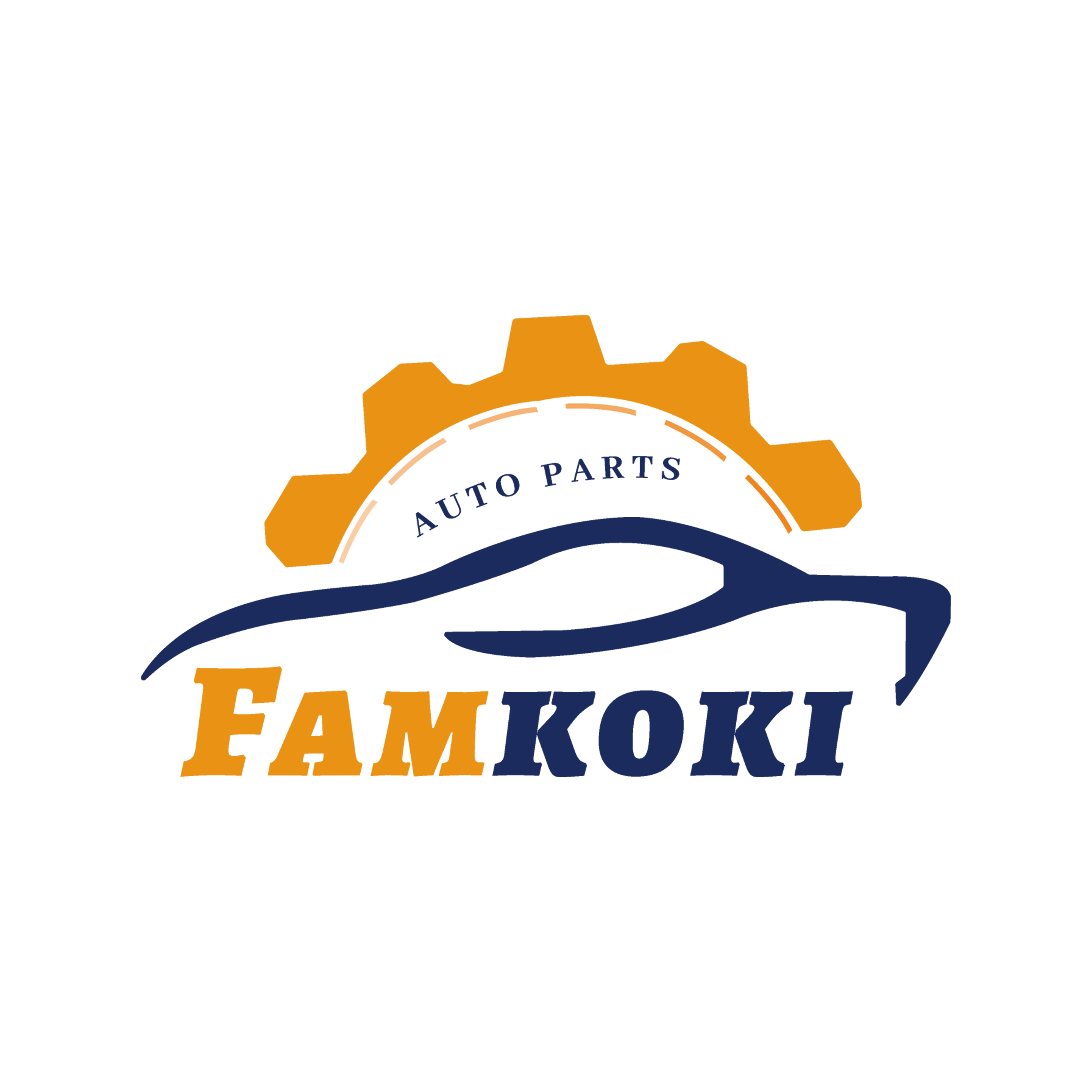Introduction
Lug nuts: These seemingly small parts are essential components of safe driving, as they secure your wheels and tires to the hub mounts. They may not seem like much, but having the nuts and bolts of this size at correct torque is important to maintaining control over your vehicle. Tightening lug nuts too tight is a very easy error to make that having one example may lead directly into bunch of other problems, some will not be noticeable at the spot.

Lug Nuts, or How Torque Works
Lug nuts: The lug nut secures the wheel to your cars hub. They are torqued (tightened) to a specific force, that the lug nuts hold each wheel firmly in place without putting too much pressure. Each vehicle will have a different torque specification that can usually be found in the owners manual or on databases available online.
Signs of Tightened Lug Nuts
Too tight lug nuts can present itself in subtly different forms:
Vibration Too much: Loose lug nuts can also make the wheel assembly imbalanced and makes your driving unsmoothe as well elevated temperatures.
Tire Wear: Inadequate torque can cause undue pressure and uneven tire wear leading to reduced lifespan of the tyre.
Difficult in Lug Nut Removal: Over torquing may often mean it is hard getting the lug nut out, and which can mess with either your wheel studs or strip your lugs.
Consequences of Over Torquing
Over torquing lug nuts has major consequences, including:
Wheel Studs: Over-torquing the wheels can cause the wheel studs to stretch or snap, which is a costly repair.
Wheel Warping: Tightening too much can warp the wheel and cause alignment problems while driving.
Wheel Alignment: If you over-tighten the wheel which can cause your wheels to misalign, as a result of which tire wear and poor handling issues would develop.
Signs of Over Torquing
There are several signs of over torquing:
Bent Wheel Weights: Those wheels are hefty weights will also show a distribution of weight that is uneven on the wheel. Ugh – here we go, more improper torque warning signs!
Stripped Threads: Over torquing can strip the wheel stud or lug nut threads so that they cannot be removed in the future.
Apparent Distortions: If you are able to see any kind of visible distortions or warping on the wheel, brake rotor it usually means that there has been over torquing in place.
Complaint 2: Too Many Tools Means Over Torquing
Tools – Different tools used to tighten the lug nuts can contribute significantly in this over torquing syndrome.
Impact Wrenches: Although effective for lug nut removal, impact wrenches can also over-torque the lug nuts with no way to limit torque.
Torque wrenches — for lug nuts it is important that the proper torque be used to tighten them so they're neither too tight or not tied enough.
Fix Your Over Torqued Lug Nuts
If you feel that over torquing is possible with an operator:
If they are damaged, it's time to replace the hub assembly. Check for Damaged: Take off lug nuts and visually inspect wheel studs as well other components for damage.
Replace Damaged Components: If there is damage to the wheel studs, they need replacement. You may also need to replace the warped brake rotors.
Proper Torque Application: Tighten lug nuts to what they were meant to be using a torque wrench.
Safety & Preventive measures
To lose not to be overtighted and safety:
More Vehicle Manual: You should always double check the vehicle manual for the correct torque spec of lug nuts.
Torque Wrench Use: Purchase a good quality torque wrench and use it on every lug nut tightening task
Drive To Retorque: After driving a few miles, retort the lug nuts to make sure that they do not go loose.
Analysis of same : Over Torquing Impact In Detail
When you over-torque lug nuts, a ripple effect occurs
Wheel Studs — Too much power can put the wheel studs under stress, allowing for them to stretch or break having an influence on how good the tire is attached to automobile.
Surcharging: Brake rotors that are over-torqued can warp and cause brake shake as well as weakened braking performance.
Wheels—aluminum or alloy wheels: over-torquing can cause the wheel to deform…which leads to an alignment issue.

Importance of Proper Torque
Why The Right Torque Is Important
Safety: The right lug nut torque keeps the car moving with all four or six wheels in place and not rolling off on its own.
Avoid Damage: Over torquing is harmful to more than just the lug nuts and wheel studs — other parts such as brake rotors and/or wheels can be damaged.
By Keeping The Good Wheel: Tightened lug nuts mean not only smooth operation of the wheel itself but also even tire wear.
Lug-Nut Torque Misconceptions
Debunking common myths
Too Much of a Good Thing: Snugly torquing lug nuts to prevent them from loosening here will only lead to disastrous over-torquing.
Safe Impact Wrenches: While it is a handy tool, impact wrenches without torque limiter can cause over-torque.
Conclusion
In summary, incorrect torque of the lug nuts is a major error that can result in significant safety and performance problems. Knowing the right torque specs and methods of securing these lug nuts, you may now keep this stuff in mind to avoid encountering issues that would affect your safety on the road as well as smooth riding. But also keep in mind that when it comes to vehicle safety, the devil is in the details and lug nut torque is no exception.
 EN
EN
 AR
AR
 FR
FR
 KO
KO
 PT
PT
 RU
RU
 ES
ES


